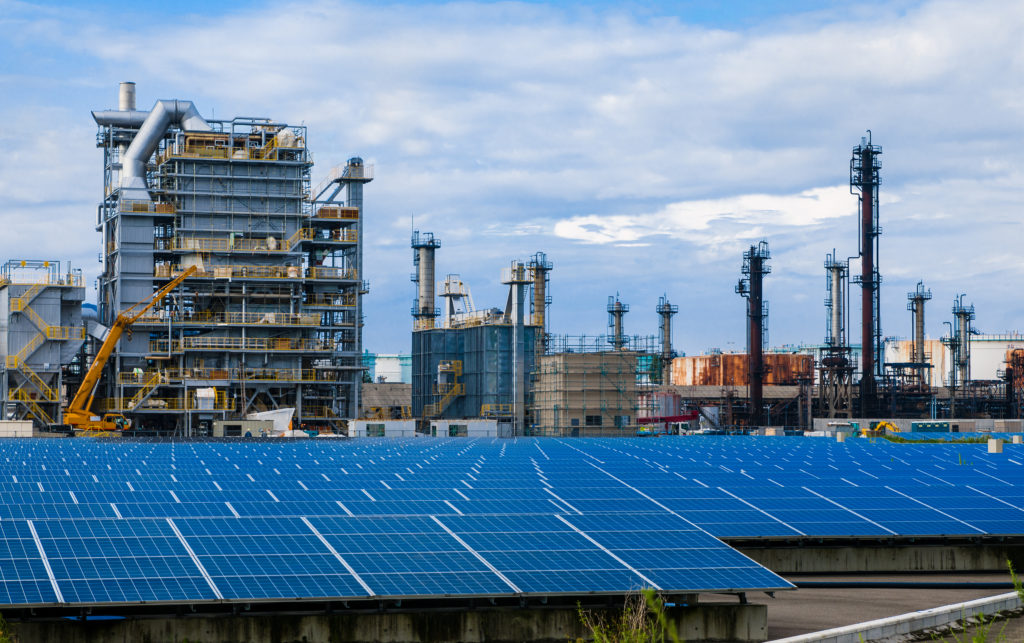
This week the administration of President Donald Trump announced a massive tariff against imported solar photovoltaic panels. The tariff would start at 30 percent and decline annually at 5 percent intervals, with the first 2.5 Gigawatts of imports excluded, before settling at 15 percent annually by 2022.
The tariff is to boost domestic solar panel manufacturers, which aren’t price-competitive with the imports. It will also make solar energy overall even less price-competitive with traditional resources.
Why is Trump’s solar tariff a bad idea?
Because tariffs are a bad idea. They’re thought to help domestic industries, which is thought to help the overall economy, but they are so fraught with unintended negative consequences that they usually wind up causing more harm than good. That is one of the founding insights behind the whole discipline of economics.
Unplanned negative outcomes from protectionism are something economists are in greatest agreement upon — 93 percent agree that “Tariffs and import quotas usually reduce general economic welfare.”
I’ve written a great deal about how federal and state governments have distorted the market in many ways to favor solar producers. Here’s a list of many — but not all! — of those government favors.
Earlier this week, however, I wrote again about the importance of competition among all energy sources. And why? Because it ultimately benefits the consumer and society at large.
Special government favors and incentives are bad because they disrupt and distort this competition. This prevents those benefits to the consumer and society. Which is especially bad because energy is a basic human necessity and therefore impacts poor families’ budgets significantly.
Keep focus on what’s best for people, and stop jiggering government levers to boost this group or that
This is why we always remind policymakers and pundits: Keeping consumers’ costs as low as possible is the number one issue in electricity policy in North Carolina.
So government incentives are bad. But take note: government disincentives such as the solar panel tariff are bad for the same reason: they disrupt and distort the market, ultimately to the harm of consumers and the overall economy.
We’ve grown used to government disincentives in energy policy. The administration of President Barack Obama deliberately, systematically worked to make electricity rates “virtually skyrocket,” to “bankrupt” anyone trying to build new coal plants, to force gasoline prices “to the level of Europe,” etc.
Why? Because Obama decided that artificially making traditional energy sources cost as much as renewables was the only way of “skinning the cat” of making renewable energy seem price-competitive.
Other renewable-energy advocates would make that same bargain. They don’t trust the restless enterprisers among us to find new ways, but that is what has served people best throughout history.
When faced with the reality that what’s best for people (least-cost, reliable energy) is in stark opposition with what’s best for their pet industry in its current state, they do as pro-renewables MIT researchers did: decide the solution is a “policy lever” that would “make up for the disparity in energy costs.” (In this case, a carbon tax on traditional resources.)
The Trump administration has taken great strides to free up domestic energy production by removing many of those disincentives. But in adding his own disincentive, Trump has made a false step. It will leave consumers worse off.




